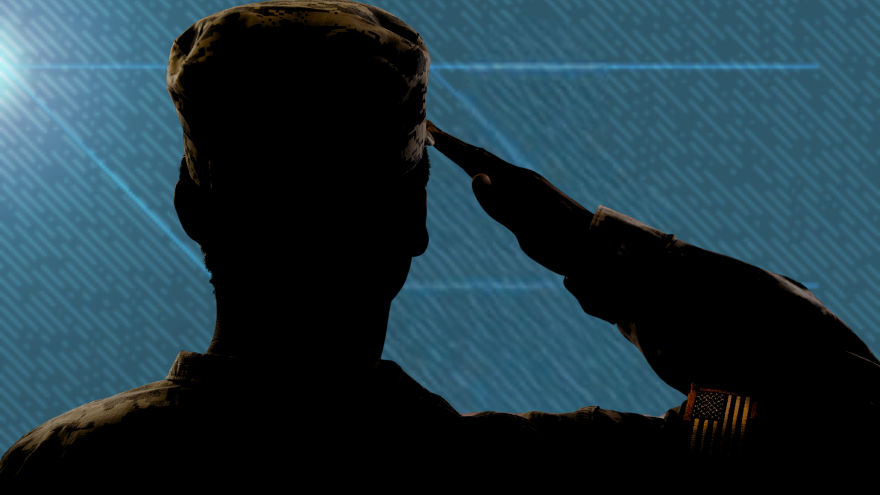U.S. military veterans have been helping Americans stuck in Gaza to leave as the crisis following the deadly Oct. 7 Hamas terrorist attack on Israel continues to unfold.
Roughly 24 former special operations troops were sent by two veteran-run organizations — the Special Operations Association of America and Save Our Allies — into Israel and Egypt to support evacuations, according to Alex Plitsas, an Army veteran and SOAA board member who spoke with the Washington Post.
The team of veterans also participated in rescue missions during the U.S. evacuation of a military base in Afghanistan two years ago.
U.S. officials have estimated there are between 160,000 to 170,000 Americans in Israel and roughly 500 to 600 in Gaza, which is now facing a ground invasion by the Israeli Defense Forces (IDF).
Initially, as the Post reported, the veterans’ efforts were largely focused on “shepherding,” which involves helping to place U.S. citizens on daily flights arranged by the State Department, as well as on separate charter flights to Cypress.
“We all spent a lot of time at war and now [we’re] trying to use the skills of operating in a war zone, and the intelligence community, to try to help people, to try to save folks where possible,” Plitsas told military publication Stars and Stripes.
Nick Palmisciano, a former Army infantry captain and co-founder of Save Our Allies, said veterans and other volunteers in the U.S. are assisting in connecting Americans with the State Department.
“We’re a huge believer in public-private partnerships,” Palmisciano told Stars and Stripes. “No matter how cool any [non-governmental organization] thinks they are, nobody can do more than the United States government. But we tend to be much faster than the government.”
The team of veterans has been communicating with U.S. citizens in Gaza through messaging service WhatsApp.
Plitsas told the Post the team’s work shows there is room in the field of humanitarian evacuations for unofficial personnel to leverage open-source technology and human networks to do the work government can’t.
“There’s that gap in the middle there,” he said, “of helping to find people, navigate them and keep them safe, until the government can do what it needs to do.”
